As the cold hits in late autumn, temperatures across the country are experiencing [cliff-like] drops.
The fluctuation of temperature also means that the children’s high incidence of illness is coming. Diarrhea, fever, cough… all make parents have headaches.
Go to the hospital, there are too many people to get on the number. At home, worried about the children.
In fact, children do not need to run to the hospital immediately when they feel unwell.
The old editor summed up the [valuable experience] of pediatricians today to tell you how to nurse the baby at home without going to the hospital.
The child has a fever, don’t reduce it blindly.
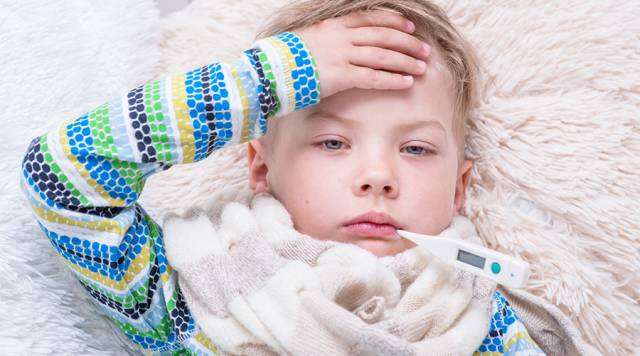
The child has a fever, don’t blindly reduce the fever!
The advantage of fever is that when the body temperature rises, the body’s immune system is mobilized to jointly remove pathogenic bacteria from the body. However, the disadvantage is that if the fever lasts for too long, the body will be weakened and there will be no more strength to fight against the enemy.
Parents can do this first:
- Keep the room temperature comfortable and wear light and sweat-absorbing clothes for children. Replenish enough water, such as plain boiled water, diluted fruit juice or oral rehydration salt solution; Let the children rest more; If the temperature is above 38.5 ℃, or the child is uncomfortable, then start to consider using antipyretics. For babies over 3 months old, acetaminophen can be selected, and ibuprofen can be selected for babies over 6 months old.
When should what see a doctor?
- The baby is under 6 months old; Poor spirit, lethargy, poor appetite, dry mouth, reduced urine volume, anterior fontanelle depression and other dehydration symptoms; Body temperature is higher than 39 ℃; Fever under 2 years old for more than 24 hours and fever over 2 years old for more than 3 days; When I feel unsure.
Children cough, don’t abuse cough medicine

Cough is a protective reaction. Don’t use cough medicine as soon as your child coughs!
Cough can help eliminate respiratory secretions and avoid risks such as airway blockage and secondary infection.
Cough can occur when pneumonia occurs, but cough itself will not cause pneumonia. If the child finds pneumonia after coughing for a few days, it is actually because there is already a lung infection when coughing.
Parents can do this first:
- Tap the child on the back to encourage and help excrete phlegm. Open windows for ventilation to keep the air fresh and moist. Make full use of the warm water vapor in the bathroom; Stay away from smoke, dust and crowded places; Babies can drink more water for more than 6 months, or they can drink diluted fruit juice, honey for more than 1 year old, and cough syrup for more than 6 years old. If cough affects daily life, you can choose a single-ingredient phlegm-resolving drug. You must ask a doctor to write a prescription and do not buy it yourself.
When should what see a doctor?
- Poor spirit, accompanied by dyspnea, purple lips and other hypoxia manifestations; Cough yellow, green phlegm, fever at the same time; Cough lasts for more than 2 weeks or the symptoms continue to worsen.
Most children don’t need to take medicine when they catch a cold.
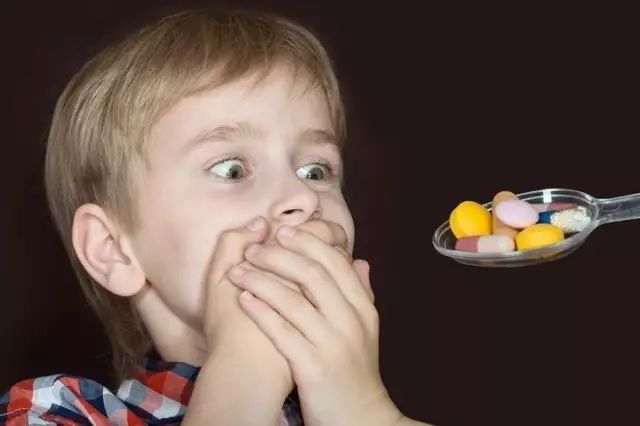
Don’t always feed cold medicine!
Common cold, commonly known as [cold], is caused by the virus, can recover from the disease, usually mild symptoms, including sneezing, nasal obstruction, runny nose, etc. And influenza refers to the disease caused by a specific influenza virus, systemic symptoms are relatively serious, also can appear obvious cough, sore throat, etc.
If you have fever and cough, you can refer to the following treatment methods:
- Drink enough water, but don’t drink too much. Lying down will aggravate nasal congestion symptoms, and the baby can be temporarily picked up to relieve the symptoms. You can use a nasal aspirator to remove nasal mucus, drop nose or spray nasal saline. Older children can use nasal saline to wash their noses. Maintaining indoor humidity (which can be maintained by using humidifiers) is conducive to relieving nasal congestion and cough.
Children have diarrhea, [replenishing water] is the key
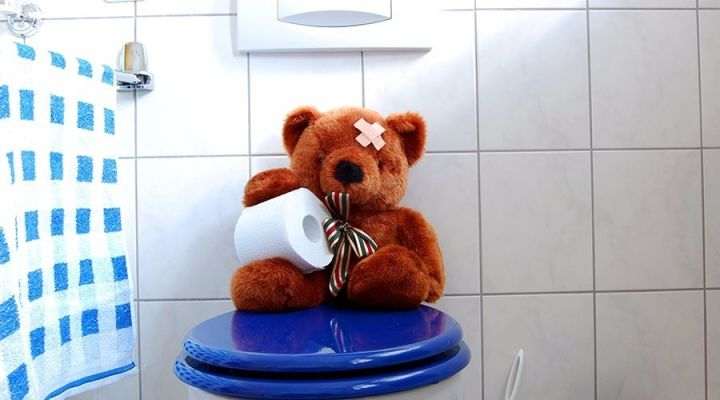
Never use antibiotics when your child has diarrhea!
Diarrhea, commonly known as diarrhea, is mostly caused by gastroenteritis. Many cases are caused by virus infection and antibiotics are not effective at all. If you have diarrhea, the key is to evaluate the severity of dehydration and replenish water in time.
Parents can do this first:
- Take oral rehydration salts (ORS); According to the specific situation to children zinc supplement (zinc supplement can shorten the course of diarrhea, reduce the risk of dehydration); Don’t eat raw and cold food and food you haven’t eaten before. Wash your hands frequently and do not grab food with your hands. After the symptoms improve, gradually resume diet, and it is recommended to gradually return to normal starting from liquid.
When should what see a doctor?
- Bloody stool accompanied by high fever; The occurrence of watery stool and severe vomiting is extremely frequent. Diarrhea for more than 2 weeks; It is best to take the children’s excrement before seeing a doctor.
Judgment is the key to constipation in children.
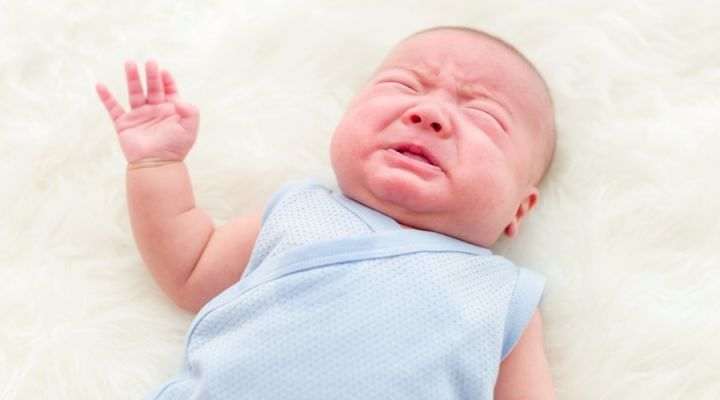
Drugs such as Kaiselu are not the first choice to relieve constipation. Repeated constipation needs attention!
Constipation refers to not only the reduction of defecation frequency, but also dry stool, laborious stool, reduced stool frequency but still soft stool, which is not necessarily constipation.
Parents can do this first:
- Massage the child’s abdomen; Let children eat more whole grains, fruits and vegetables; Encourage children to form the habit of regular defecation.
When should what see a doctor?
- Constipation of babies less than 4 months old; Not defecating within 24 hours after adopting the above method; Poor appetite and weight loss; Blood and pain in stool; Recurrent constipation.
Children vomiting, according to the situation
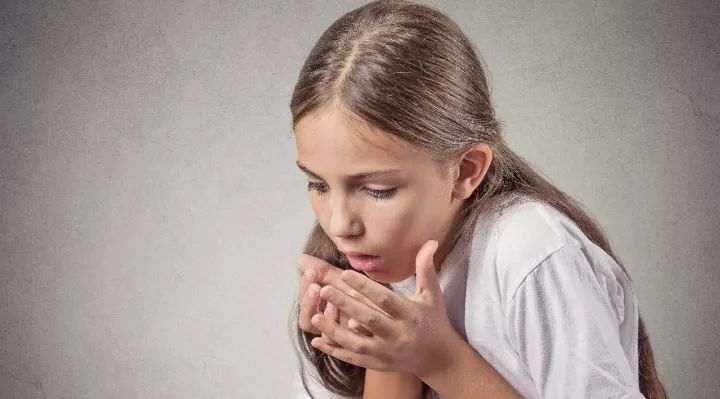
There are many reasons for vomiting. If parents are not sure, it is recommended to see a doctor as soon as possible.
Parents can do this first:
- Neonatal vomiting, Most of them are physiological, May be fed too much, eat too much air or after feeding the child’s activities are too intense. As long as it is not too frequent, you can feed a small amount of multiple times, after feeding, stand up to pat the back, usually can relieve. Older children vomit, the most common reason is gastroenteritis, often accompanied by diarrhea, attention should be paid to prevent dehydration, timely fluid replacement.
When should what see a doctor?
- Frequent foam spitting at birth and choking cough at breast-feeding; Vomitus is brown or bloody; Accompanied by stomachache, swelling or bloody stool; Vomiting after head trauma should go to the hospital as soon as possible to eliminate concussion, intracranial injury, hemorrhage, etc. Accompanied by fever symptoms or not improved for a long time.
Finally, parents are not encouraged to self-diagnose their children’s diseases, but only want to suggest parents-
Before taking the child to the hospital, learn to do a good job of correct disease assessment and family care. Grasp the opportunity to go to the hospital and avoid many troubles.
